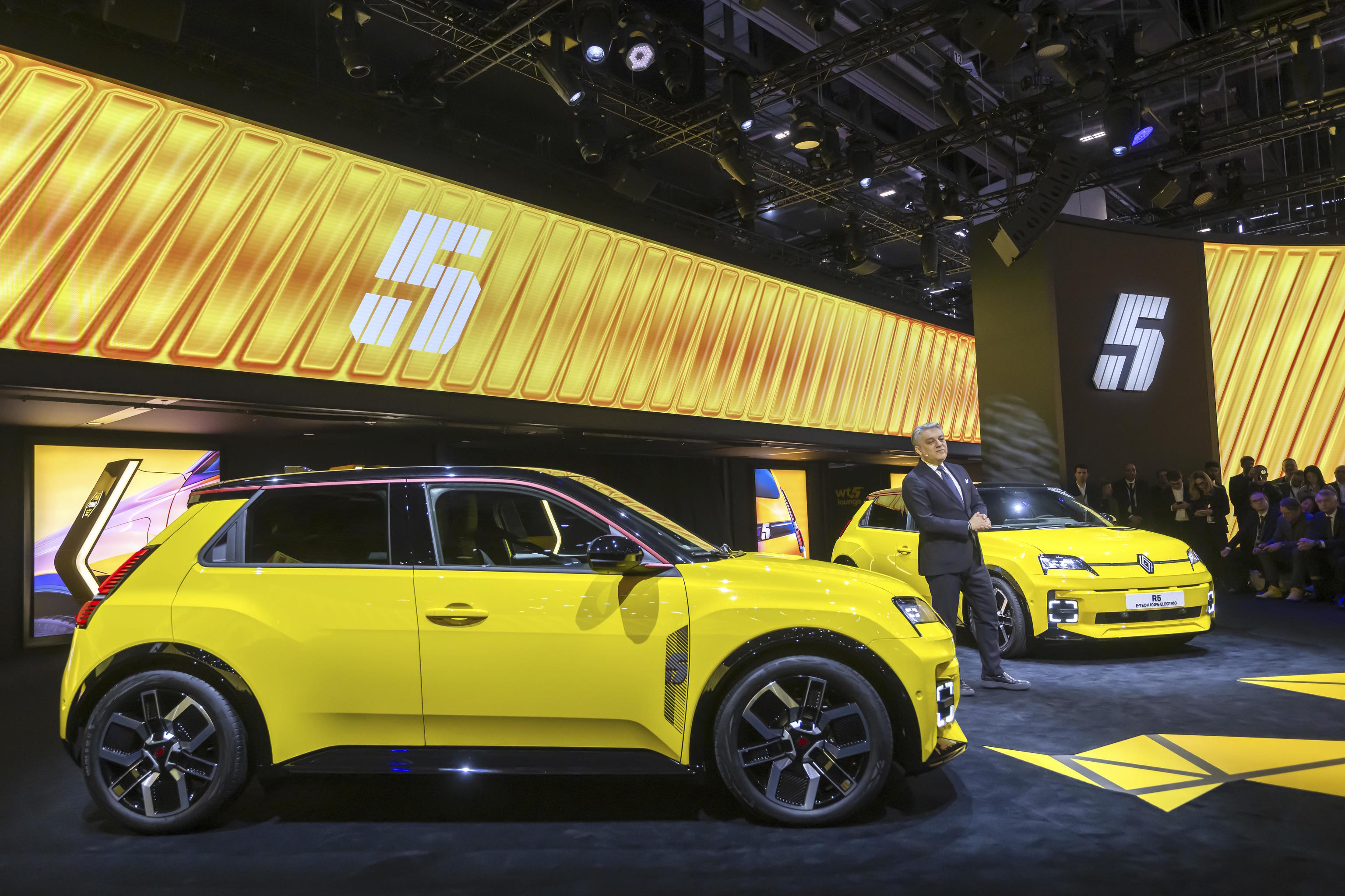Luca de Meo will leave the Renault Group, which he has been leading since July 2020, "to take on new challenges outside the automotive sector." His voluntary resignation as CEO will be effective on July 15, according to a statement from the French company, but he will continue to perform his duties until that date.
His destination, as reported by the Italian newspaper Il Corriere and the French Le Figaro, is the luxury brand conglomerate Kering (formerly known as Pinault until 2013), owner of brands like Gucci, Balenciaga, and Yves Saint Laurent. Owned by the Pinault family, it manages the holding company Artémis, which oversees other investments and businesses, including the auction house Christie's, the magazine Le Point, and the football team Stade Rennais.
Meanwhile, the Board of Directors "has initiated the process of appointing a new CEO, based on the already defined succession plan." In other words, following the guidelines outlined in its governance.
In this regard, internal sources have ruled out the possibility of the Spanish Josep María Recasens, Renault's current number two, being his successor. Despite the fact that one of the last decisions made by the 58-year-old Italian executive was to delegate to him the highest responsibility for Ampere, Renault's division of 100% electric cars and software. Recasens was already the company's global strategy director.
This way, De Meo closes a long career in the automotive industry, which began in 1992 precisely at Renault. Toyota, then Fiat (a brand he led and where he relaunched the new 500 and ''invented'' Abarth) were his next destinations until he joined as Global Marketing Director of the Volkswagen Group in 2009. In 2015, he was tasked with reviving Seat, although his desire had been to succeed Rupert Stadler as the head of Audi.
Under his leadership, Seat returns to profitability and he is also responsible, along with Wayne Griffiths, for the creation of Cupra as its own brand, more sporty and much more profitable than Seat itself. That's why the Germans also trust them with the first electric models.
The next surprising move came in January 2020, shortly before the pandemic hit, when he announced he was leaving Seat. At that time, he was already negotiating his incorporation into Renault, which was going through difficult times. His work at the French company, where he also had to renegotiate the alliance Renault had with Nissan since 1999, has been impeccable, both from an industrial and financial perspective. In fact, he was one of the few manufacturers last year who did not have to issue a profit warning to protect their financial results.
A large part of this success has been based on a strategy that has made Spain a strategic industrial reference. "We have always considered it our second home," repeated this executive accustomed to inventing curious terms like Renaulution, with which he defined the plan (in three phases) to recover Renault.
While leaving the production of 100% electric models in Northern France - as agreed with the French government when they financially assisted them in 2020 - he made Spain the global hub for hybrid models. In other words, the technology most demanded by customers in Europe and found in cars like the Renault Captur, Austral, or Espace assembled in Palencia and Valladolid.
Internationally, De Meo has also been the most combative executive regarding EU policies on automobiles, managing to redirect them both from the top of Renault and from the presidency of the European manufacturers' association Acea, which he held until last year. His latest push was precisely in a joint interview with Stellantis' president, John Elkann, where they called for measures to boost the production of small cars.
The Chairman of the Renault Board of Directors, Jean-Dominique Senard, highlighted this afternoon that "Luca de Meo has worked to restore the Renault Group to its rightful place... Besides being an exceptional leader in the industry, he is also a creative, committed, passionate, and inspiring person. Today, the entire company joins me in thanking him for all these years and all the collective challenges successfully overcome," he stated.
"There comes a time in life when one knows that the work is done. At Renault Group, we have achieved what many believed impossible, and the results are the best in our history. That's why I have decided it's time to pass the baton," De Meo stated in the statement released by the French company.
Interestingly, his farewell comes just seven months after Carlos Tavares' departure as CEO of Stellantis, for whom he was never considered a possible replacement. They did not get along particularly well, as evidenced by their public statements, but the departure of both leaves the global automotive industry without two of its recent great references.
